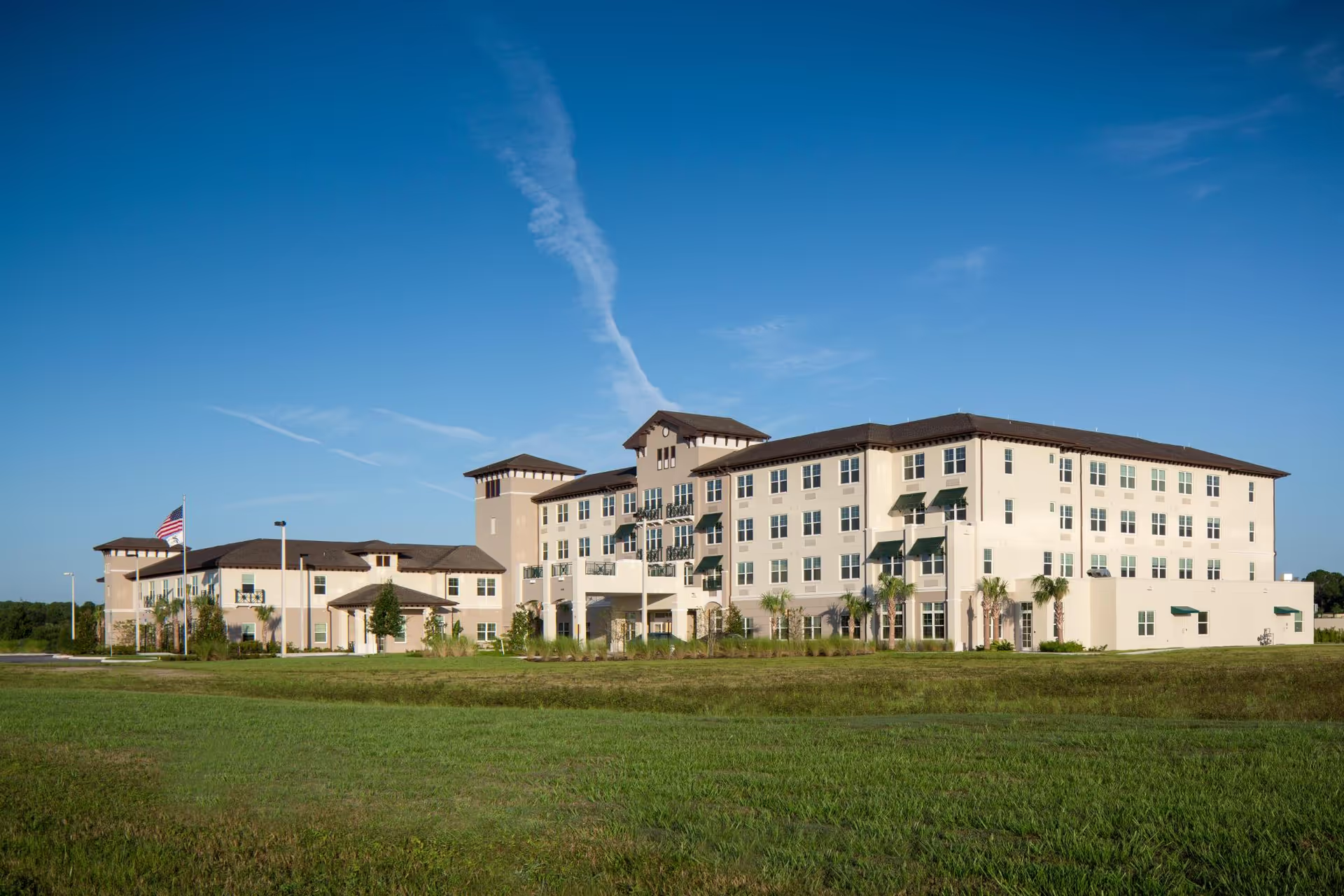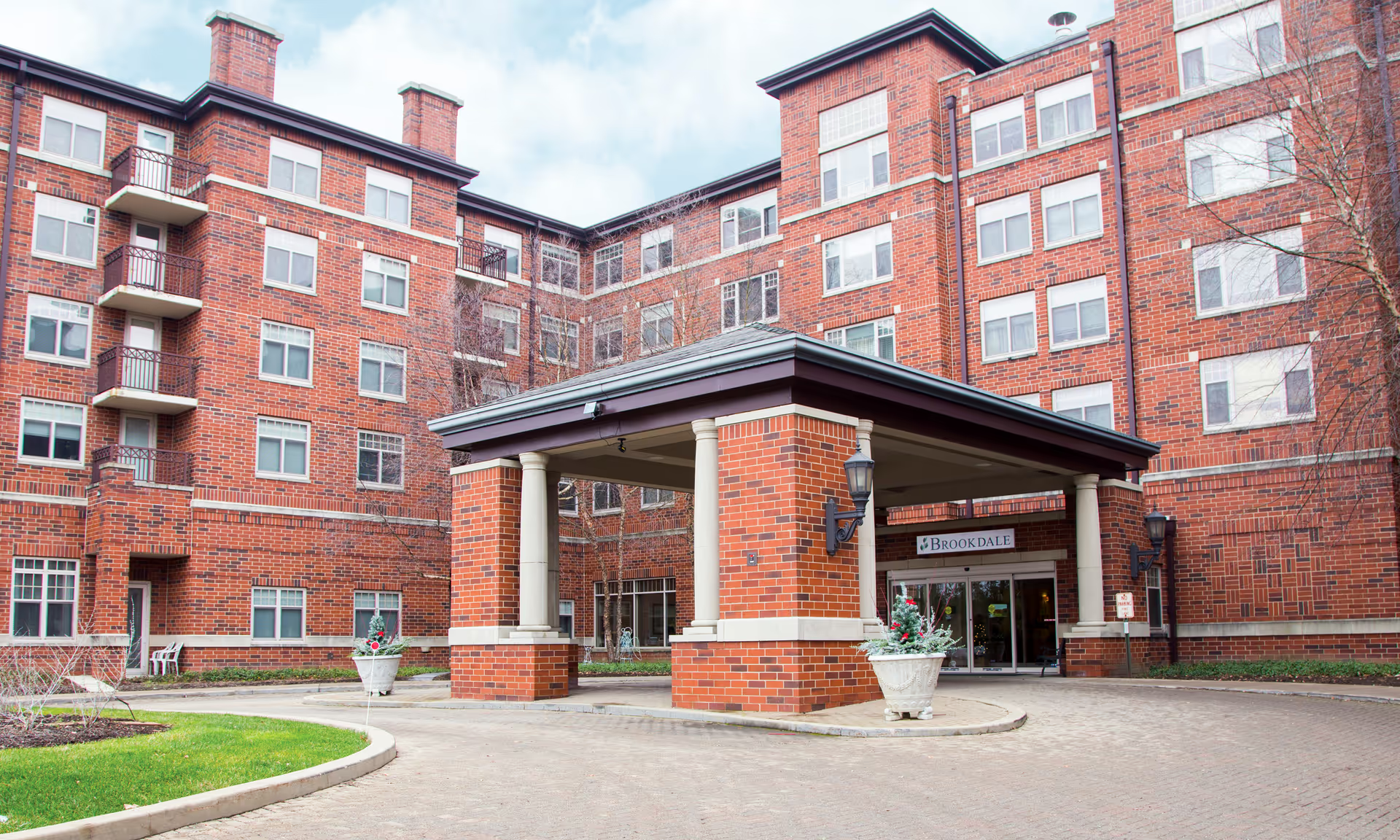Overall sentiment about Legacy Village of Athens is mixed but leans positive with several consistent strengths frequently praised by reviewers. The facility is often described as clean, bright, and attractive — many reviewers highlight a new or recently refreshed building, pleasant rooms with built-in storage, holiday decorations, and a well-laid-out "circle of activity" that makes navigation easier for residents. Food and dining are a major positive theme: an on-site chef, three-course and à la carte options, social mealtime atmosphere, and special touches (for example, a director preparing Thanksgiving dressing) are repeatedly commended. Many families and residents describe the meals as nutritious and tasty, and several reviewers call dining a five-star feature. Activities programming is also commonly cited as a strength: reviewers report an active, varied calendar (games, movie nights, weightlifting classes, bible studies, local restaurant outings), hourly programming, outings, and social events such as happy hour Fridays that promote engagement and resident morale.
Staff and clinical care attract both high praise and sharp criticism, making this a key area of divergence in the reviews. On the positive side, many reviewers single out exemplary staff: accessible and hands-on executive leadership, expert nursing and prescription management, "amazing" RNs who cover nights, kind med techs, and caregivers who keep families informed. Multiple comments describe staff as caring, diligent, and going above and beyond; weekend teams, front desk personnel, housekeeping, and rehabilitation staff receive individual praise for making transitions smooth and residents feel safe and loved. Several reviewers reported positive changes after leadership adjustments (including mentions of a new director, Amanda), improvements in housekeeping and food, and overall responsiveness to feedback.
Counterbalancing those positives are serious concerns reported by a subset of families, particularly around staffing levels, training, and management responsiveness. Numerous reviews describe chronic understaffing, inexperienced or overworked employees, and staff who appear rushed or frustrated — conditions blamed for inconsistent care quality. Several accounts are severe: families of memory care residents reported poorly trained staff, neglectful practices (missed bathing and oral care, soiled skin and odor), lack of night supervision, and multiple hospitalizations related to dehydration. Those reports led some families to move loved ones out and state that management disappeared or refused promised refunds after failing to deliver required care. Other operational red flags include reliance on third-party caregivers, unclear internal communication or absence of a clear point of contact, and safety concerns such as easy access to the building. A few reviewers explicitly link a decline in quality to ownership change or new management and urge prospective families to perform due diligence.
Dining and activities show variability in experience: while many praise the chef and describe excellent meals and robust programming, a minority report meals that arrive not hot or not tasty, and some families feel outings or activity offerings are insufficient. This suggests that the resident experience can depend on timing, staffing, and individual unit allocation. Similarly, memory care reviews are notably polarized — while assisted living and independent living areas are overwhelmingly described as friendly, safe, and active, memory care received the lion's share of the most serious complaints about neglect and inadequate supervision.
Management and communication present another mixed picture. Several reviewers highlight an "open door" policy, visible, hands-on directors, organized front desk staff, and a willingness to improve when problems are raised. Conversely, other families experienced administrators who were unresponsive, disappeared when problems arose, or communicated poorly about services, staffing, and workflow. These inconsistent management reports reinforce the pattern that the resident experience can vary significantly by unit, time period (several comments cite post-COVID staffing challenges), and perhaps by which leadership team is in place.
Notable patterns and recommendations for prospective residents and families: (1) many reviewers enthusiastically recommend Legacy Village for its caring staff, food, activities, and welcoming environment, especially in assisted living and independent living areas; (2) however, there are repeated and serious complaints about understaffing and memory care that should not be ignored; (3) because experiences appear inconsistent, perform focused due diligence prior to move-in: ask about staff-to-resident ratios (day/night), memory care staffing and training, night supervision protocols, hydration and bathing schedules, use of third-party caregivers, turnover rates, and how the facility handles complaints and refunds; (4) request to sample meals, attend or observe activities, meet the director and key nursing staff, and review recent staffing changes or ownership transitions; and (5) confirm building security arrangements if safety of access is a concern. In sum, Legacy Village of Athens offers many elements families seek — strong dining, active programming, a bright facility, and numerous compassionate staff — but there are important, frequently reported caveats around staffing, memory care practices, and management consistency that warrant careful vetting.







